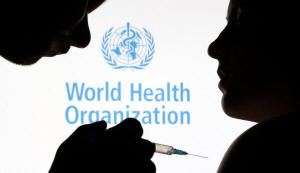|
The
WHO, in its weekly epidemiological update, said that more data
was needed to better understand the extent to which Omicron may
evade immunity derived from either vaccines or previous
infection.
"As a result of this, the overall risk related to the new
variant of concern Omicron remains very high," it said, echoing
comments made by WHO officials at an online briefing on Tuesday.
For the first time since the dominant Delta variant was
classified as a variant of concern in April, the percentage of
Delta sequences registered on the GISAID global science database
has declined this week compared with other variants of concern,
it said.
This needs to be interpreted with caution as countries may
perform targeted sequencing for Omicron and therefore upload
fewer sequences on all other variants, including Delta, it said.
The Delta variant is still dominant, however, accounting for
99.2% of the almost 880,000 sequences uploaded to GISAID with
specimens collected in the last 60 days.
But the trend is declining in the proportion of Alpha, Beta and
Gamma, and with the emergence of Omicron variant. Out of the
total, some 3,755 - or 0.4% - were Omicron and the other three
variants of concern together numbered 401, less than 0.1% each.
(Reporting by Michael Shields and Josephine Mason; editing by
Stephanie Nebehay and Hugh Lawson)
[© 2021 Thomson Reuters. All rights
reserved.] Copyright 2021 Reuters. All rights reserved. This material may not be published,
broadcast, rewritten or redistributed.
Thompson Reuters is solely responsible for this content.

|
|




